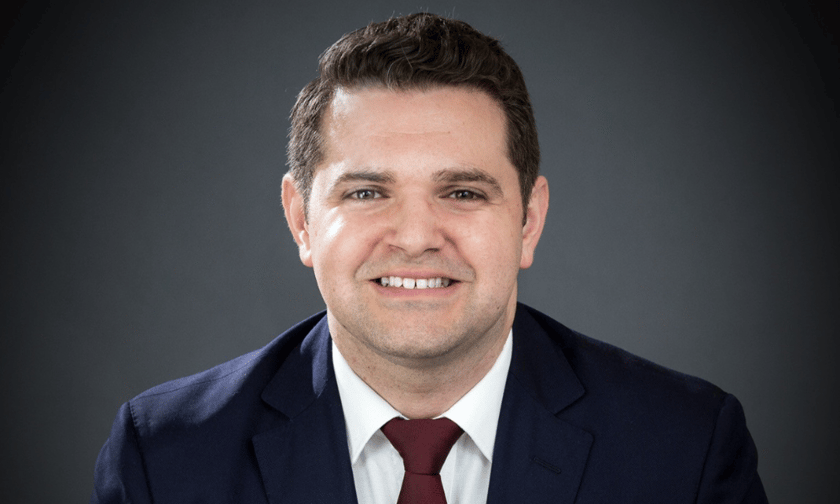

A government committee investigating the challenges facing the live music industry, including difficulties finding available or affordable event insurance, is holding further public hearings. On Monday, Live Nation, the world’s largest live entertainment company, is giving evidence.
The inquiry was launched in March. In its submission, the Insurance Council of Australia (ICA) agreed that live music events are facing serious insurance cost and availability issues
“Increasing live music venues’ access to insurance involves addressing risk to reduce the frequency and quantum of insurance claims,” said the ICA.
Another way to increase insurance options could be more competition.
In August, Tokio Marine Management Australasia (TMMA), launched event cancellation and non-appearance insurance in Australia. The firm is part of the giant Japan-headquartered firm, Tokio Marine Group.
Sydney-based John Dimos (pictured above), TMMA’s head of sales and distribution partnerships, said one of the sectors this offering is pitched at is live music events. He said Tokio Marine is one of the largest, if not the largest, provider of this type of contingency insurance in the world.
“The scope of appetite from us is quite broad, ranging from your live events, to sports, to theatre productions, to conferences,” he said. “We'll make an underwriting decision on a case-by-case basis.”
Dimos also said that most other event cancellation coverages currently on offer locally for brokers and their clients are through coverholders via the London market.
“It means that you generally aren't having the product people on site in Australia, or it's very much a niche,” he said.
In contrast, TMMA’s offering, he said, is distributed and serviced in Australia.
“Having people onshore here in Australia that are promoting, distributing and servicing the product, and servicing the brokers that need it, and then obviously, through them, the clients that need it - we thought was a great business case,” said Dimos.
TMMA, he said, partners with its group company in the UK where, like in the US, Tokio Marine already offers this coverage.
“We can also provide significant capacity to the market that, from what we've been told from the conversations we've had with brokers, is quite a significant amount as a single line insurer, rather than having to co-insure and get multiple insurers and coverholders together to try and provide cover for a single event,” said Dimos.
Insurance Business approached two insurance firms in Australia who currently offer events coverage through the Lloyd’s market to find out how they viewed the TMMA business case. Neither was able to provide comment.
Dimos said their conversations with specialist brokers and large broking houses indicated that having another event cancellation offering in the market would be welcomed.
“I can't really comment on the inquiry itself but in terms of having another player in this market, that competition, by default, drives better customer outcomes,” he said. “So from my seat, it can go some way to helping [affordability and availability issues] - but by how much, it's impossible for me to comment.”
He said one major current challenge facing live music festivals is their exposure to weather risks.
“If your live music event has to be a specific date and it's in a field somewhere and it can't be rebooked,” said Dimos, “those are the ones that are quite risky and, from what we've seen over the last few years, that have struggled and that we've been hearing about in the news about cancellations.”
Dimos said this niche offering is specifically for covering cancellation and non-appearance. For example, a keynote speaker falling ill.
“A conference is a great example where you might have a couple of hundred tickets,” said Dimos. “That becomes a question of, for that particular organiser and promoter, do I take the risk? Or do I spend a little bit of extra money and get the cover in place.”
He said their offering is “relatively affordable” and the first claims response is in Australia rather than via London.
“We already have several opportunities where we’ve indicated a price,” said Dimos. “Some of those are live, industry type music events.”
A recent report from Creative Australia, an arts advisory body, found that addressing rising insurance costs would be “especially beneficial for commercial [live music] festivals” because of their small profit margins.
An earlier report by Creative Australia found that only half of more than 500 music festivals held in the country during 2022-23 were profitable. Rising operational costs were cited as a major issue.
Are you an insurance broker or stakeholder in the live music industry? From your perspective, how is the sector looking currently? Please tell us below
